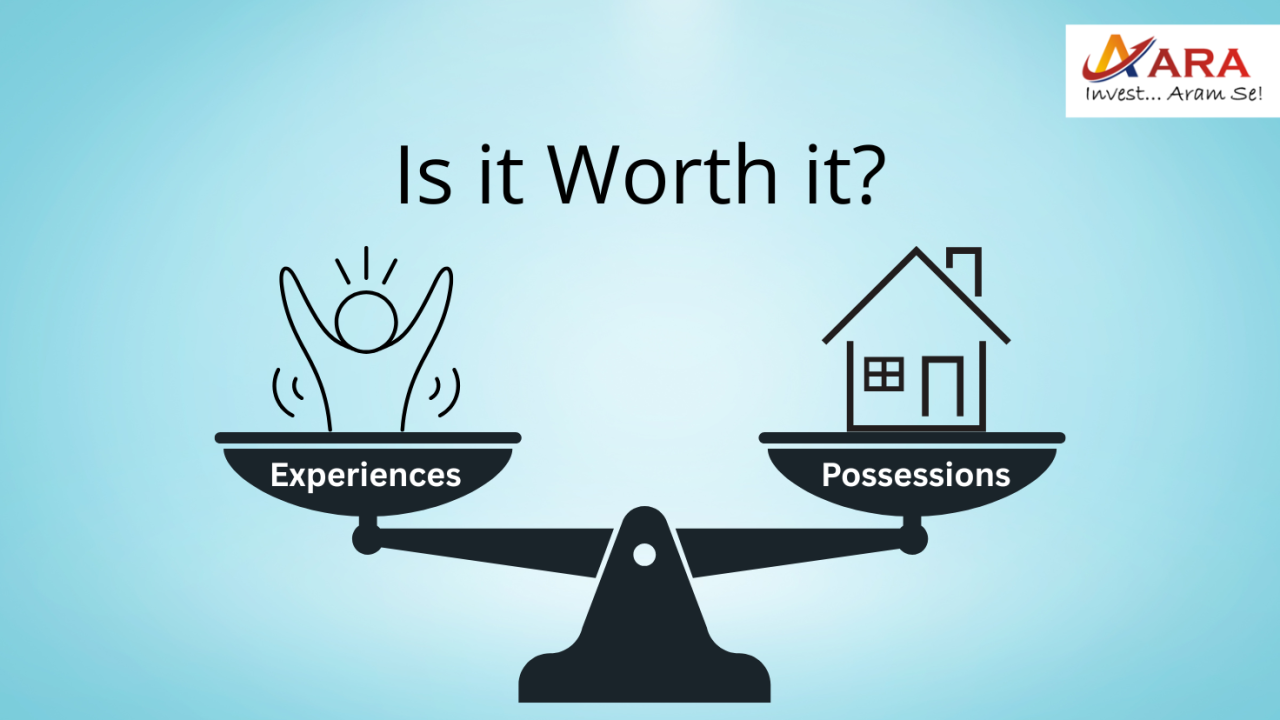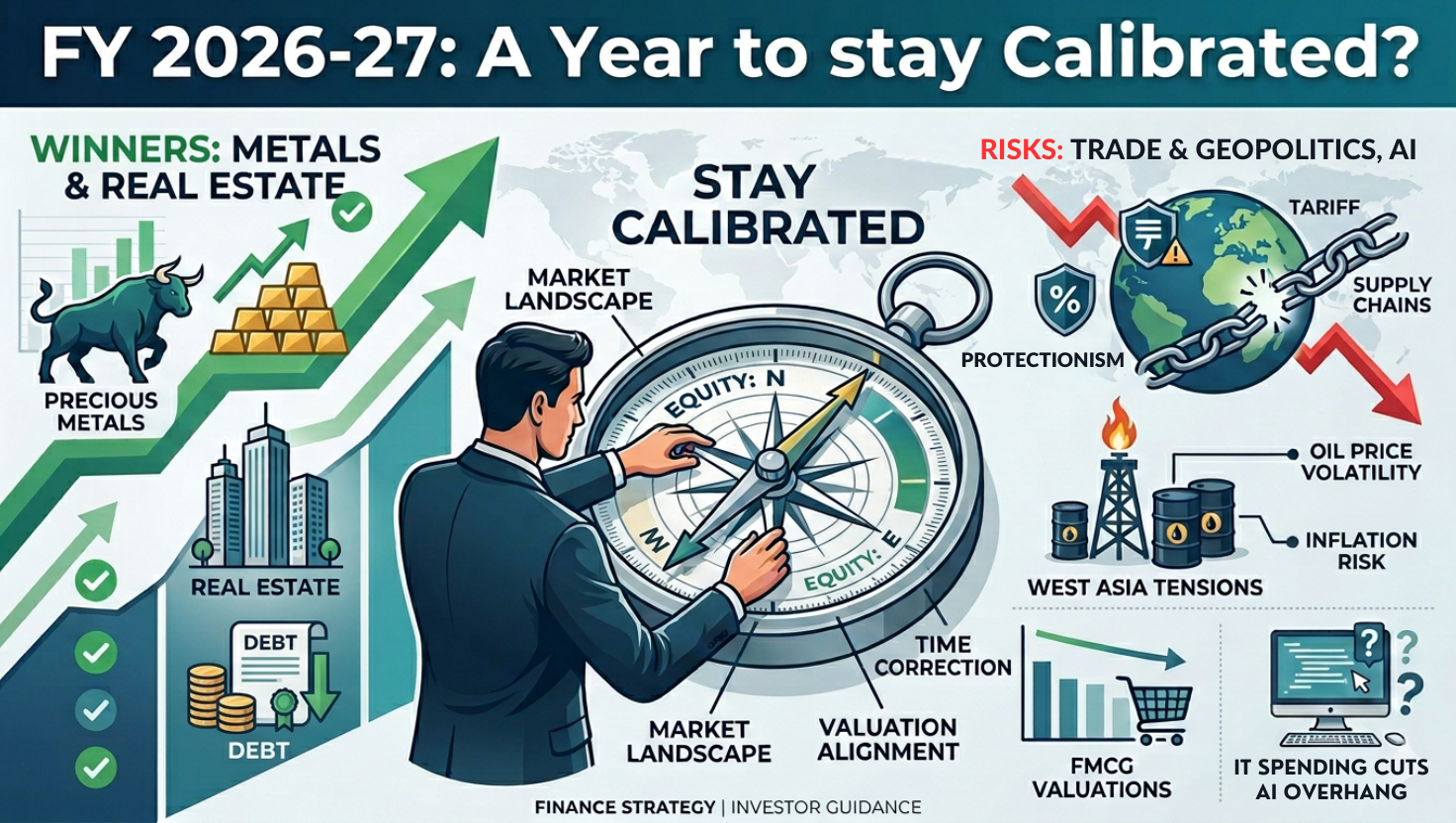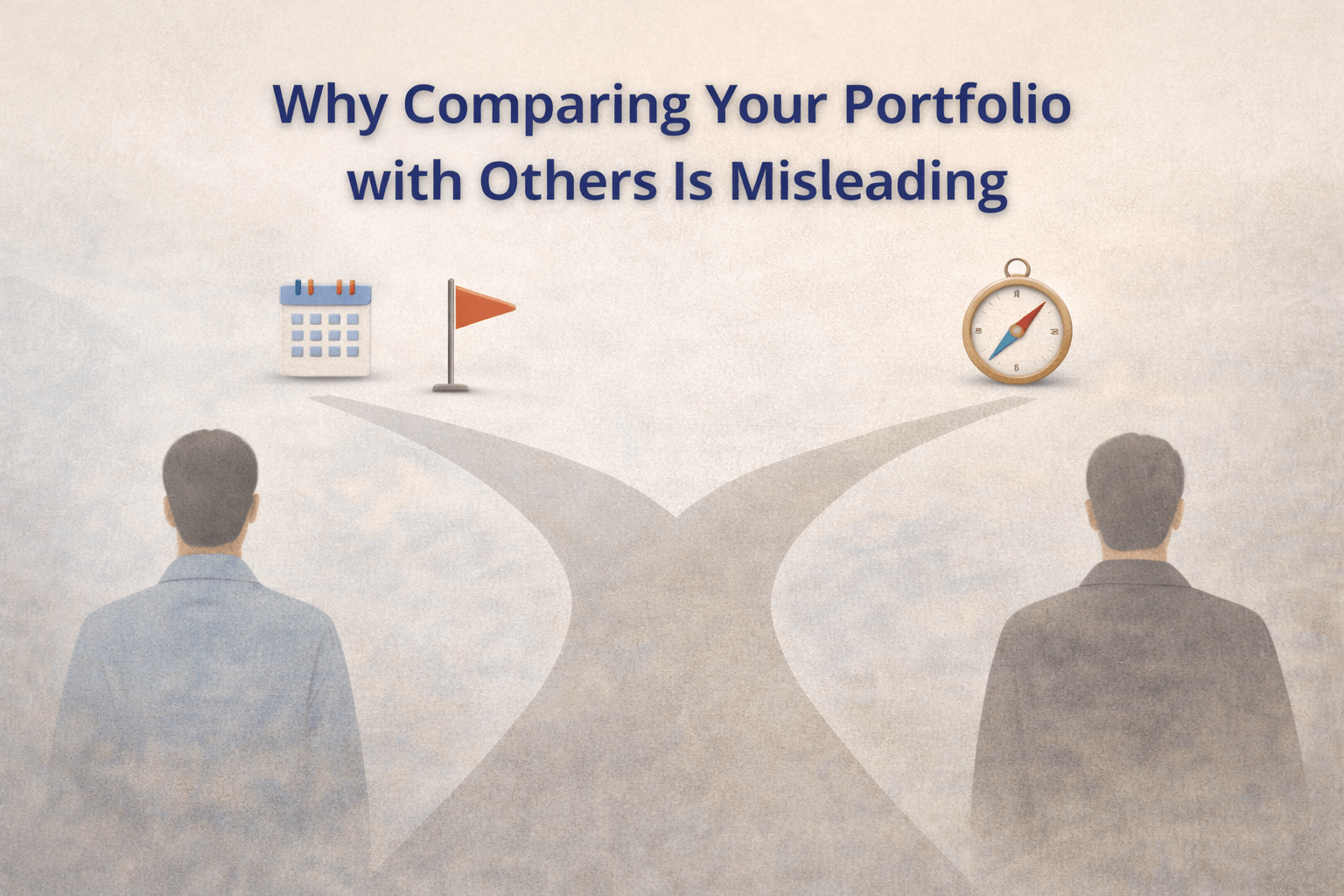We’ve all witnessed the crazy rush for tickets to a Coldplay concert. What’s so special about this band? Honestly, I don’t belong to that world, so I don’t quite understand the nuances. But when I read an article mentioning that the total revenue from ticket sales across all their shows amounts to 600 to 800 crores, it blew my mind.
What drives people to such levels of excitement and frenzy?
I could think of a few reasons:
FOMO – Fear of Missing Out
This is one of the biggest driving forces of our time. From rushing to attend a Coldplay concert to making a trip to the Kumbh Mela or a rush to buy stocks or small cap funds, FOMO has people chasing experiences they feel everyone else is having. The thought of being left out seems unbearable for many.
Rise in Disposable Income
According to studies, disposable income has seen a significant rise in recent years—sometimes more than 100%! This increase gives people the financial freedom to indulge in events and experiences that might have been out of reach before. Attending a global concert like Coldplay is no longer a dream but a reality for many.
The Power of Experience and Possessions
Though it cannot be generalised, we observe that the generations up to (including) millennials prefer prioritizing material possessions whereas the Gen X prefer giving more importance to experiences. For example, buying an asset is important for millennials (and older generations) and Generation Z prioritise memories of singing along with their favourite band and feeling the energy of a live performance.
The Cult of Celebrity and Brand Power
Coldplay is more than just a music band; it’s a brand. The emotional connection they have built with fans worldwide has made them a cultural phenomenon.
Emotional Spending vs. Rational Budgeting
Isn’t it fascinating how different factors—from psychology to economics—have their part in creating such a phenomenon?
Many spending decisions, including those for events like concerts, are driven by emotions rather than logic. People splurge on experiences to feel happier, more connected, or even to escape from routine life. This emotional spending often outweighs rational considerations like budgeting.
“I work hard, so I deserve this!” is a common justification people use to splurge. While there’s nothing wrong with rewarding our self, this mindset can sometimes lead to overspending.
Saving money for the future often feels like a never-ending task, while the regret of missing out on an experience is immediate. This is why people often choose to spend, even if it means dipping into savings or using credit cards to bridge the gap.
Is so much spending justified? At this point, you might think I’m about to tell you to “save money,” “don’t spend,” “invest more,” or “start a SIP.”
No… Absolutely not!
I strongly believe that the purpose of money is to create experiences and memories. If we are earning, saving, and investing with the sole goal of amassing wealth, we’ll never feel satisfied. There’s no finish line when it comes to chasing money.
The real value of money lies in how we use it. If doing something or buying something truly makes you happy and creates an experience you’ll cherish even in your 80s, it’s worth every penny.
For example, I organize a grand event in my hometown with friends and family every year. This function brings me immense joy and a deep sense of satisfaction. I don’t hold back or worry about saving when I plan this event because it’s something that enriches my life. Of course, I budget and plan for the expenses well in advance, but I never feel guilty about the spending.
On the other hand, spending just to keep up with others—without true personal interest—wouldn’t be a wise decision.
Questions to Ask Before Big Spending Decisions
So, the next time you’re faced with a big spending decision, ask yourself these three questions:
- Will this bring me long-term joy?
- Will I struggle financially for the next three years because of this spend?
- Will this memory bring a smile to my face when I’m 80?
These questions will help you make smarter, more fulfilling choices. However, we need to be conscious that we live in a world filled with lot of noise, making it easy for us to get carried away either due to FOMO, FOBO, or MOMO. Hence, it is extremely important to treat your hard-earned money as a sacred resource. Any money decision, be it for creating experiences or acquiring assets should be done with utmost care and introspection.

Shreedhara is the Founder & Director of Ara Financial Services Pvt. Ltd. He has an experience of over 2 decades in Financial Service Industry with majority of it in guiding individuals and institutions on their investments requirements.









